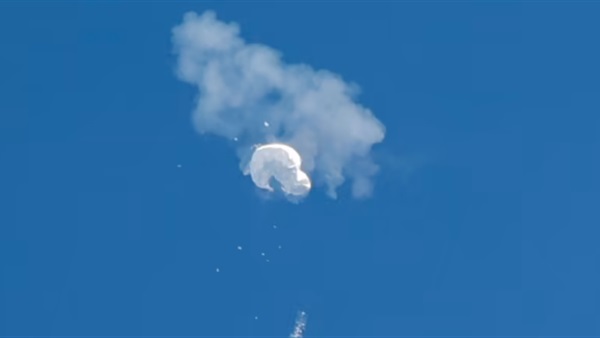China Steps Up Surveillance of Taiwan with Frequent Military Balloon Incursions

Taiwan has observed an increasing number of Chinese military
balloons entering its airspace, heightening concerns that Beijing is preparing
for a potential invasion. According to sources, these incursions occur on
average once a month and the balloons have been collecting data that could be
used in China's radar and missile systems.
While other countries in the region, such as Japan and the
Philippines, have also reported balloon incursions, the details have been
scarce. The revelations about the frequent flights over Taiwan provide new
insight into China's extensive military balloon program, which recently drew
global attention after the US shot down a suspected Chinese spy balloon off the
coast of South Carolina.
The disclosures also come as the People's Liberation Army
has been strengthening its capacities for a potential invasion of Taiwan.
Despite the lack of a decision to go to war by China's leader Xi Jinping, the
PLA's build-up of missile, air, and naval assets, as well as exercises focused
on invasion scenarios, have led some US military officials to believe that Xi
has the goal of being ready for a fight in a matter of years.
According to military and intelligence officials in several
Asian countries, the balloons observed over Taiwan were developed by China's
Equipment Development Department, the division in charge of weapons systems.
Some of the balloons are used by the PLA Air Force and some by the Rocket
Force. The balloons normally fly at about 20,000 feet and are made of a
different material than the one that was shot down by the US.
The atmospheric data collected by these balloons is crucial
for the accuracy of China's missile systems after re-entry into the atmosphere
and for its over-the-horizon radar systems. The need for large amounts of data
and the variation in atmospheric conditions from season to season is why the
balloons must keep coming back, according to Kitsch Liao, Assistant Director of
the Global China Hub at the Atlantic Council.
The escalating tensions between China and the US have
further fueled concerns that Beijing may resort to force in the future.





